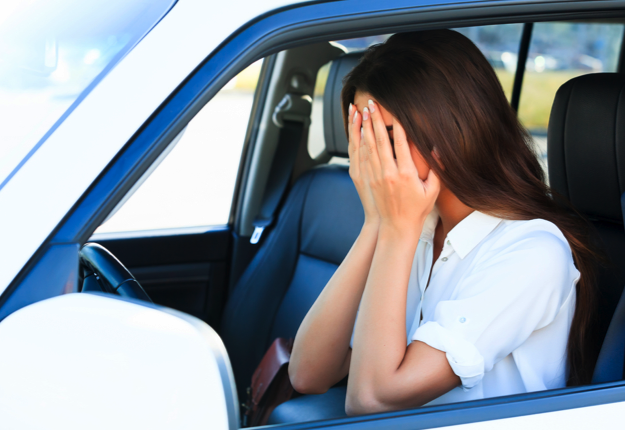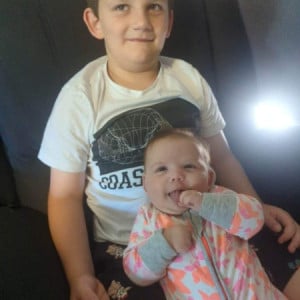After an accident it’s hard to not be stressed.
Traffic may start to bank up, shock can creep in and if it’s more than minor, the crash scene may need to be safely assessed.
On top of that, there’s important administration that needs your attention. You may need to call emergency services, you’ll have to exchange contact and insurance details with others involved and you may also need to call an emergency towing service.
Not sure where to start? Here is a breakdown of what to know and do after a crash:
1. Contact your Insurance Company and Emergency Towing
Depending on your policy your insurance provider may organise emergency towing.
If you’re not covered for roadside assistance, arrange a local emergency towing service to help. As the owner or driver of the car, you have the right to receive a quote from the tow service before authorising your car to be moved.
If you are involved in an accident and your vehicle needs to be towed, it’s your responsibility to report the crash to Police.
Tip: The first tow truck driver on scene doesn’t always have the right service for you. Don’t feel obliged to use them because they’re there; ensure you or your insurance provider chooses a reliable and registered emergency tow service. If you’re not happy with the tow truck, you can refuse them permission to move your car and arrange your own.
2. Check Your Cover
Contact the insurance company before you do (or sign) anything and determine exactly what’s covered.
Towing cover can vary between providers or accumulate additional fees. To avoid unnecessary costs, review your policy’s limit which can be found in the product disclosure statement.
3. Choose a Tow Destination
Regardless of how emergency towing is arranged, through yourself or your insurance provider, you have the right to choose your car’s destination.
If there’s damage, have your car towed straight to a mechanic. But if you need more time to consider your options, it may be better to move it to your home. That way, you’re less likely to have to pay storage fees if you’re undecided or need more time to organise repairs.
Tip: In most states, touting for repairs is prohibited. You don’t need to decide at the time of the tow about car repairs. Tow truck drivers should not push you for repairs to be made.
4. Authorise Towing
In Australia by law, you’re required to move your car if it’s damaged or causing a traffic hazard or congestion.
But if it can’t be safely driven from the crash scene you’re liable for the towing costs and authorisation.
Before you tow, make sure you know what you’re signing and who you’re dealing with. Car accidents are a vulnerable time for many, and some people can be misguided about the costs and information they’re receiving.
Under WA regulations, a tow truck driver isn’t allowed to move your car until an authority to tow form has been completed, which includes the tow truck’s number plate and towing location.
Check the tow truck driver’s credentials. Some states in Australia require drivers to carry a certificate with their name, certificate number, expiry date and photo for identification. States such as Victoria also use accredited tow trucks, which will have ‘TOW’ or ‘HTT’ number plates.
Don’t Forget: Always read the fine print before authorising the move. Double check you’ve included the full tow address and no information has been left out.
Never sign a blank or incomplete authorisation form; the towing fee and total cost of service should also be shown on the form. Once you’re ready to authorise the move, take all personal belongings out of your car and a copy of the towing form.
If you’re unable to sign the authorisation, a police officer or friend/family member may do it on your behalf.
5. Different State, Different Rules
Towing regulations differ between states. Whilst some places in Australia are highly regulated, others only have basic rules.
You should check what applies to your area before organising emergency towing, even if roadside assistance is included in your insurance.




















-

-
-
mom462038 said
- 16 Apr 2020
-

-
-
mom81879 said
- 24 Oct 2019
-

-
-
Blossom said
- 14 Sep 2019
-

-
-
rachelvk said
- 09 Jul 2019
-

-
-
serotonin said
- 03 Jul 2019
-

-
-
ashna9 said
- 02 Jul 2019
-

-
-
mom343701 said
- 01 Jul 2019
Post a comment1:55 pm
3:01 pm
7:49 pm
10:08 pm
9:59 pm
-

-
-
Mum2archer replied
- 07 Jul 2019 , 2:48 pm
Reply10:06 pm
6:34 pm
-

-
-
Jayde Walker (Ferguson) replied
- 01 Jul 2019 , 7:25 pm
ReplyTo post a review/comment please join us or login so we can allocate your points.